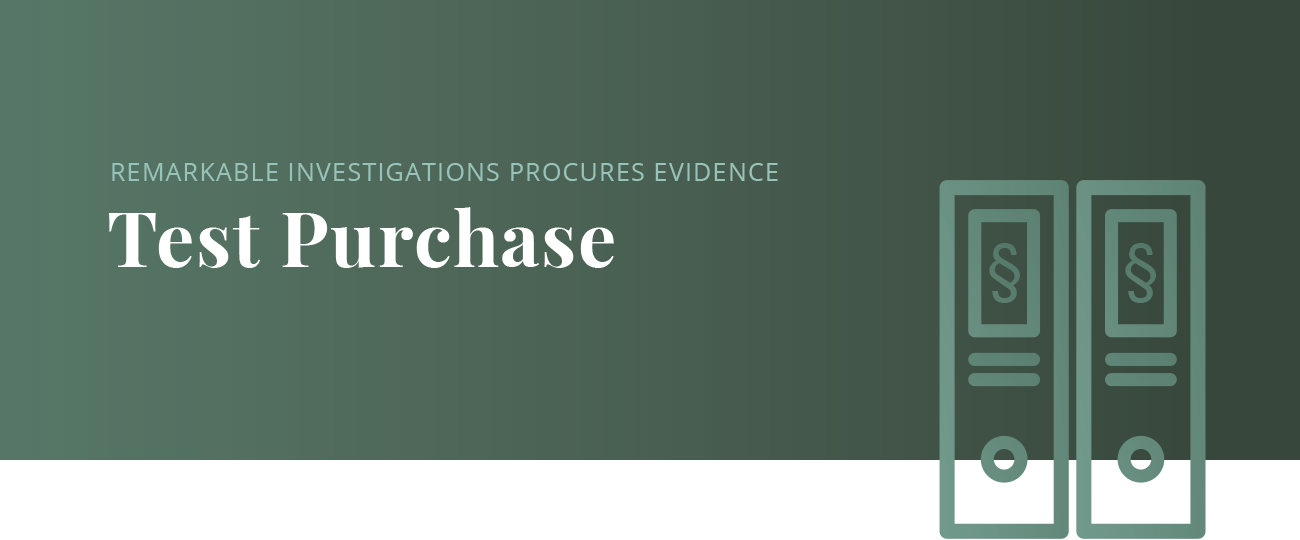
Background
At a trade fair in Qatar, an Israeli medical technology manufacturer discovered four of their products being offered by competitors. This gave rise to the well-founded suspicion that their own patent rights were being infringed to a considerable extent, or that a previously unknown way had been found to circumvent them. The latter would have a considerable influence on the further development of the company, as the company's own product was highly profitable and successful in a rapidly growing market.
Without effective patent protection the Israeli company would not be competitive, and many jobs and research projects that were already underway would have to be terminated.
Task
The patent attorneys mandated by the medical technology manufacturer were informed about the discoveries at the trade fair, and recommended commissioning REMARKABLE Investigations in order to collect evidence for an action under intellectual property law. The four suspicious products were to be purchased discreetly in order to send them to the client's laboratories for analysis.
Findings
From the first comprehensive discussions between the manufacturer and their lawyers, the fact that the products were sold only to selected customers from the medical sector, and that they were partly available only to different markets appeared problematic.
In conjunction with the attorneys, markets were identified in which test purchases were to take place. In addition, important parameters for the test purchases were set, which served to achieve the desired jurisdiction in a later patent infringement procedure. Investigators received detailed briefings for the specific products. REMARKABLE Investigations then made covert inquiries to the target companies with the help of their own under-cover companies in relevant countries, as well as with confidential sources from the medical sector. The under-cover companies were initially accredited as customers or resellers, and in some cases product training courses were even provided, and completed by the test buyers without difficulty. Eventually, the investigators were able to acquire all the devices under investigation. Due to the complex business initiation processes, strategically important information about the products, their sales, production, suppliers and customers were also obtained for the client as a bonus.
Results
Analysis of the devices in the client's laboratories revealed three potential patent infringements, and also a ‘workaround’ that successfully circumvented the relevant patent.
In two cases, patent infringement proceedings were initiated, and in one case a license agreement was successfully negotiated.
The ‘workaround’ was of such poor quality that there was a serious risk to the health of users and patients. Inquiries by REMARKABLE Investigations demonstrated that the product had also not fully passed quality approvals in the relevant markets. On the initiative of the contracting entity, this situation was reported to the competent authorities and the product was then withdrawn from the market. Criminal proceedings were initiated against the responsible individuals at the competitor and its sales partners.
The patent attorneys are developing a strategy for blocking patents, to prevent or complicate the re-launch of the ‘workaround’ product.